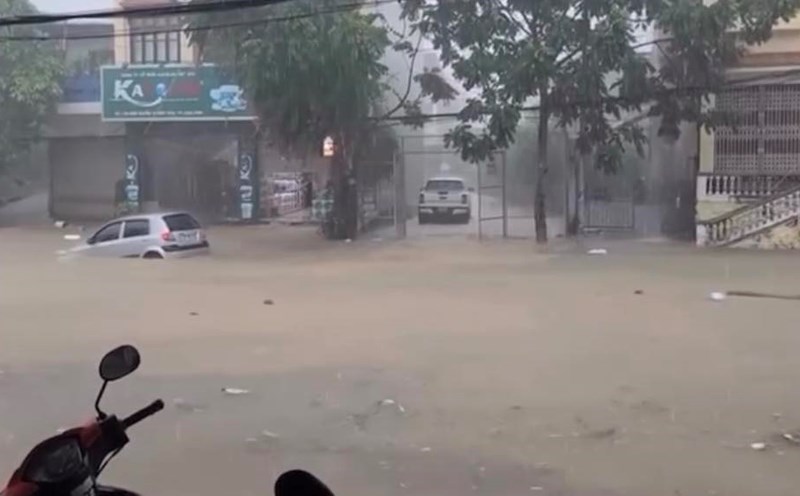To date, the Taliban remains on Russia's list of banned organizations as terrorist organizations. Since the Taliban returned to power in Afghanistan in July 2021, the Taliban regime in Afghanistan has not received official diplomatic recognition from Russia or the outside world, but Russia still maintains its previous embassy in the Afghan capital Kabul and still has low-level contacts with the Taliban.
Recently, Secretary of the Russian National Security Council Sergei Shoigu visited Afghanistan. Mr. Shoigu is the highest-ranking Russian representative sent by Russian President Vladimir Putin to Afghanistan.
Almost immediately afterwards, the Russian Parliament discussed a draft law that, once passed, would remove the Taliban from the aforementioned banned list, which would also create the necessary legal foundation and premise for Russia to normalize relations with Afghanistan and establish official diplomatic relations with Afghanistan.
In Afghanistan, Mr. Shoigu also informed the Taliban regime about this.
Establishing formal diplomatic relations with Russia is of particular strategic importance for the Taliban. But for Russia it is also very important and has now become necessary and urgent.
The war in Ukraine and the rivalry with the West have pushed Russia into a situation where it must conquer new partners and turn them into allies.
The Taliban regime could be very useful to Russia in this context. Afghanistan has abundant and diverse natural resources that Russia wants and needs to take advantage of. Afghanistan has a geographical and geostrategic position that Russia cannot ignore in its foreign policy and strategy, security and foreign economy. Afghanistan is especially important for Russia in terms of counter-terrorism and regional security.
Together with China and Iran, Russia can pull the Taliban regime in Afghanistan to its side, making it impossible for the West to have a dominant influence in Afghanistan. That is why Russia has now rediscovered this neighbor of Russia.











